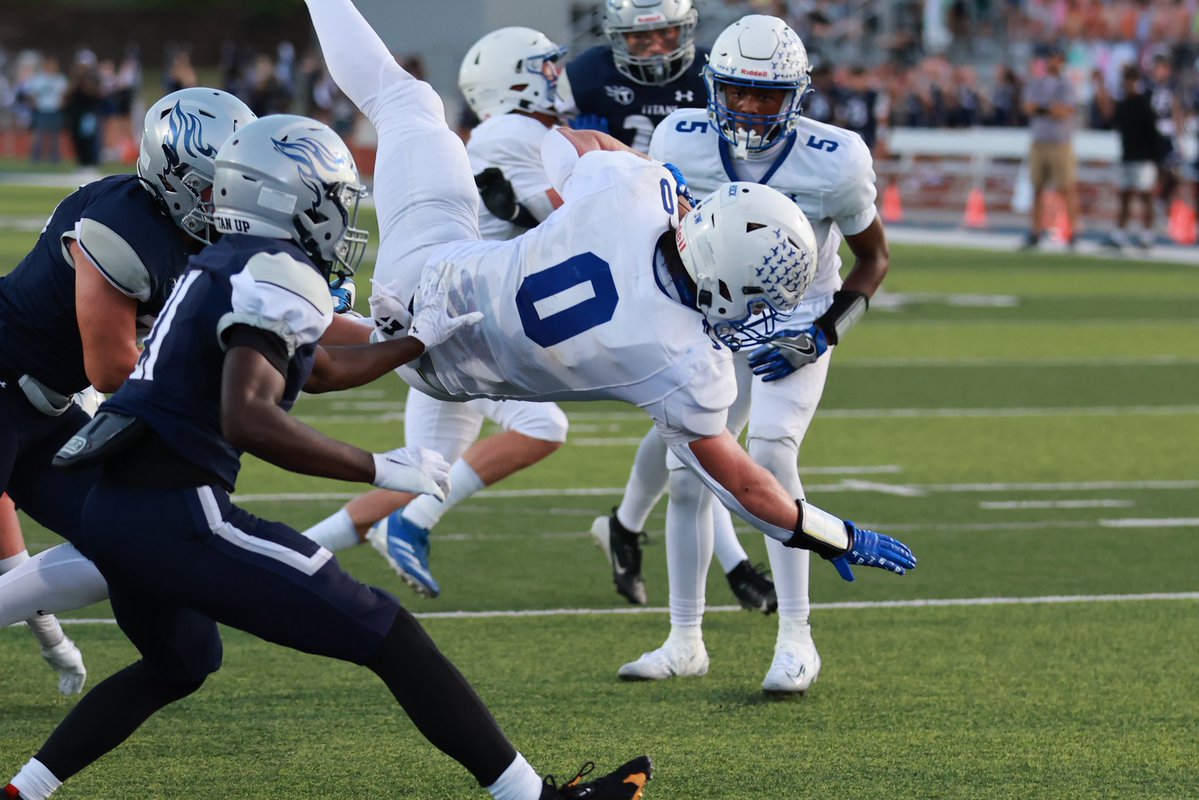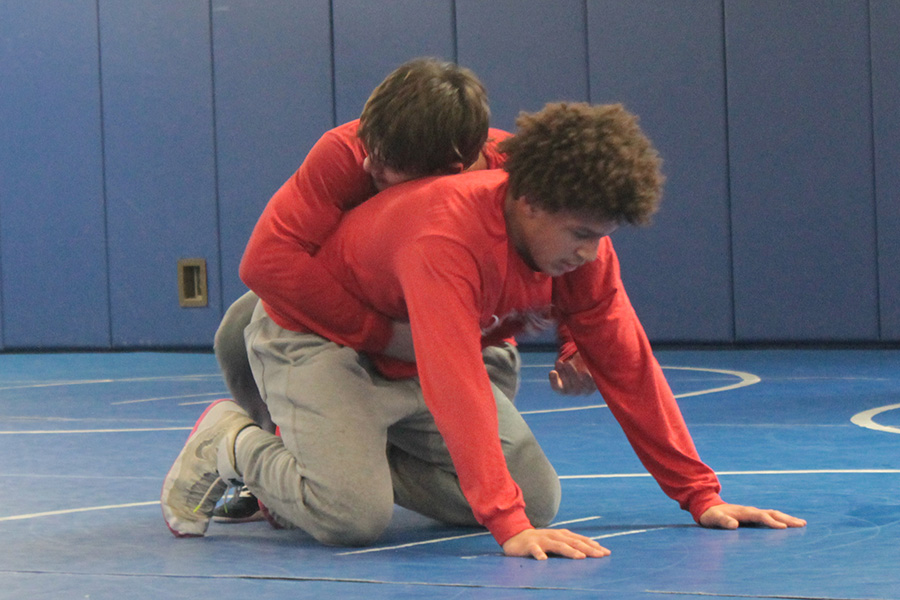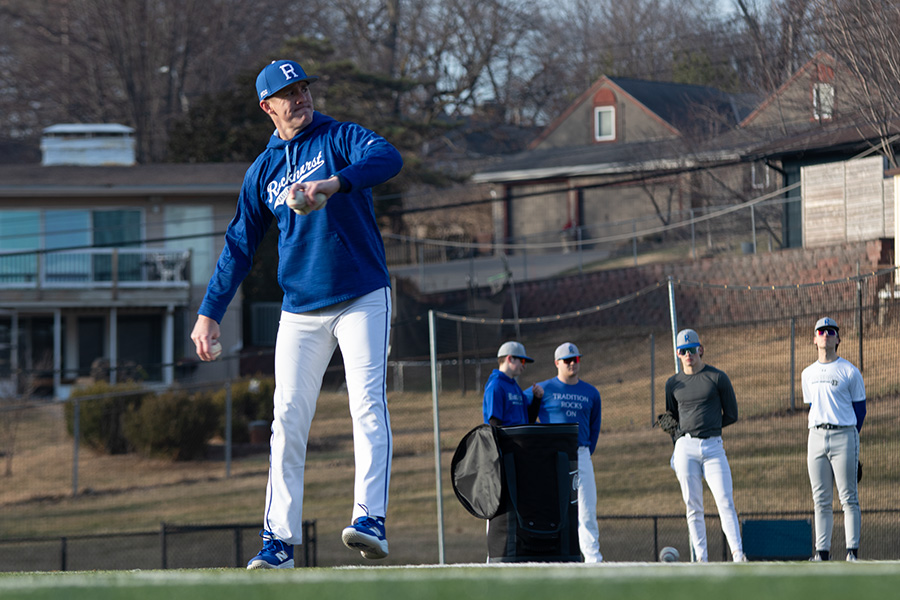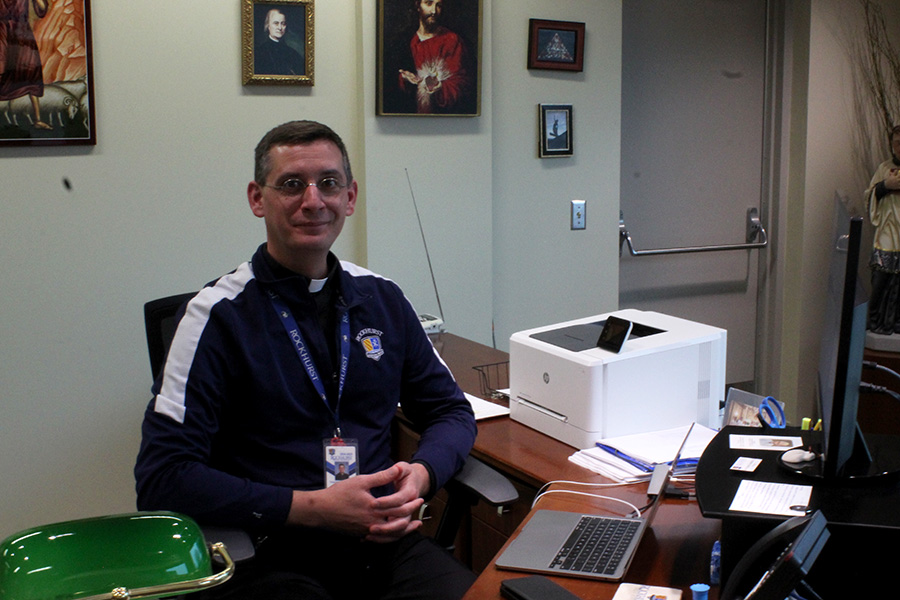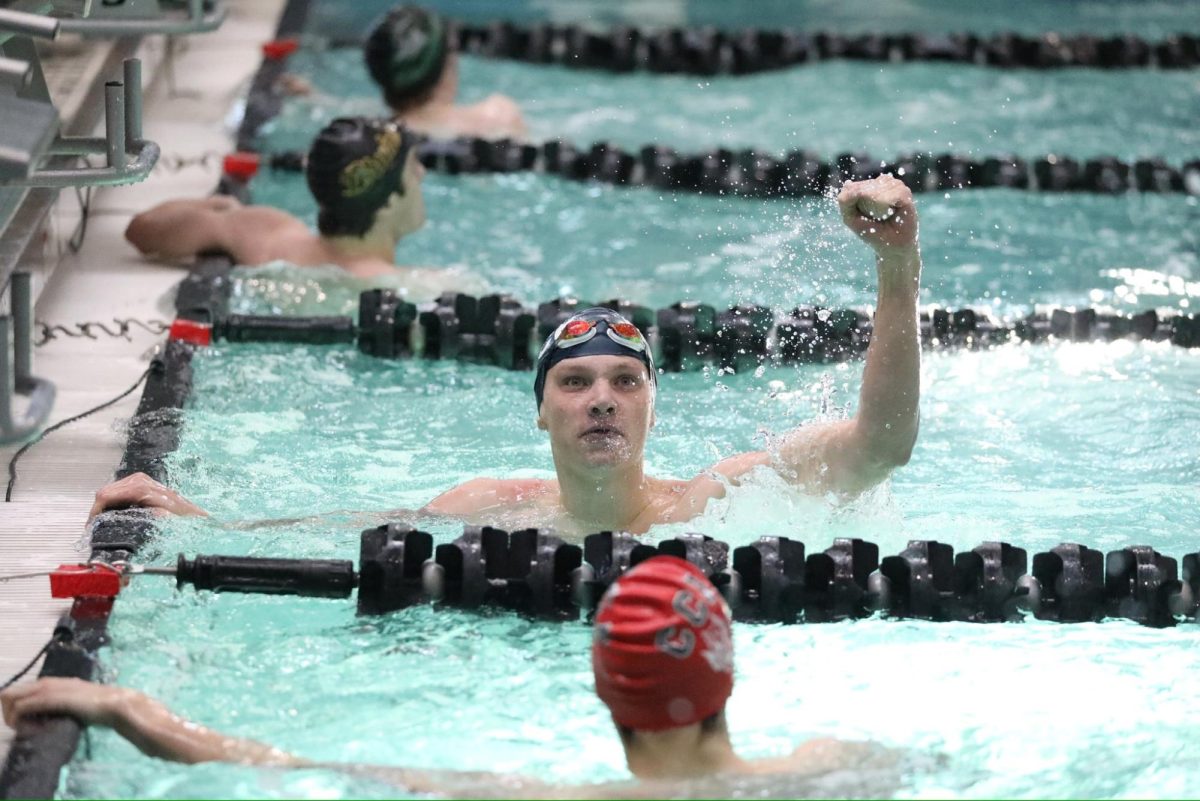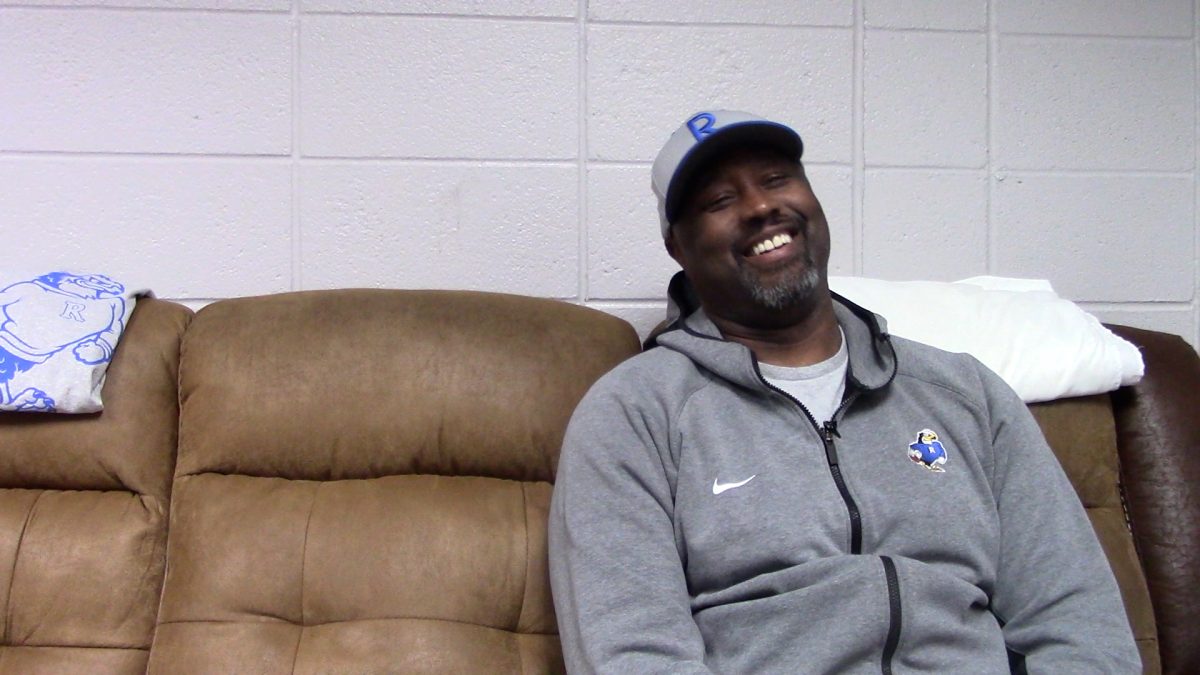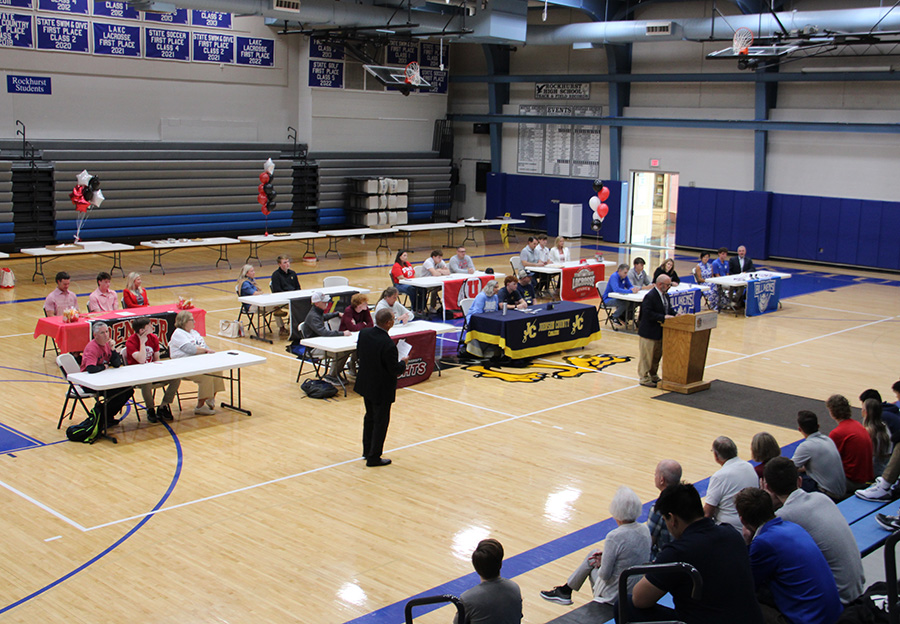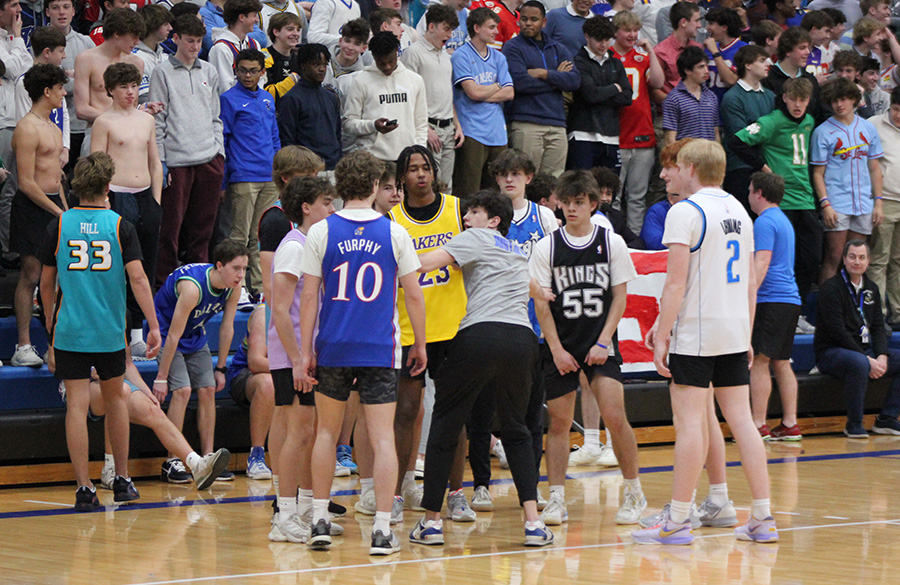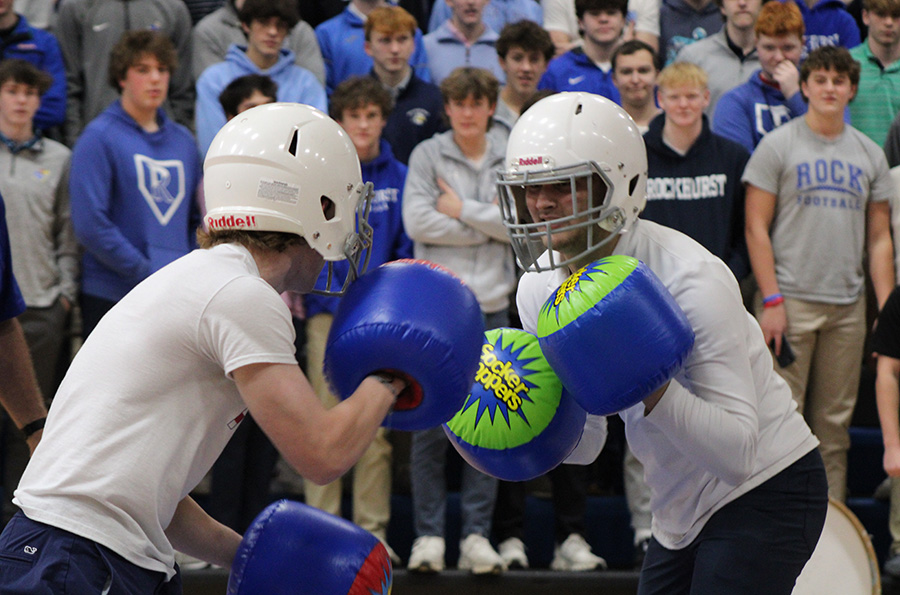Like all schools, Rockhurst runs on a system of policies and rules. These policies keep students and teachers in line and give Rockhurst structure and order. Almost all of these policies are understood and respected. However with several policies in place, it is almost guaranteed that at least some would be disliked and unpopular.
To gather a sampling of which policies are the least popular and why, Prep News sent out a Google Forms survey to 50 students from varying grade levels. Thirty students responded, and, according to the results of this unscientific survey, three policies stood out among the rest.
The third least-liked policy was the hair policy, taking 16.7% of the total votes.
There are many rules regarding hair at Rockhurst, which limit students’ hair lengths, hairstyles and facial hair. In terms of hair length, hair is not allowed to go over a student’s eyes, ears, or collar. Rockhurst also prohibits “extreme” hairstyles such as hair coloring, mohawks, lines or designs and ponytails. Students are also required to be clean-shaven unless they are given explicit permission by the dean.
While the policy is not well-liked among students, many who, on the survey, said it is their least favorite policy still understand and obey it. While the policy is very clearly written in the parent/student handbook, students like junior Kevin McConville claim they have no problem with the policy, as it “isn’t strongly enforced.”
The second-most voted policy was the phone policy, taking 33.3% of votes. This policy restricts students to using their phones only during Activity Period and lunch, and only in the Dining Commons or Barry Commons.
Students generally agreed some restriction on phones is necessary and understand the need for it, however, some believe the length to which phones are restricted is too much.
“I understand not having phones in class while we are learning, but I think not allowing phones during passing period is a little much,” said senior Connor Roudebush.
The least popular policy, as voted by the respondents of our survey, is the dress code policy. Fifty percent of those who answered singled it out.
Despite appearing to be very unpopular, students seemingly have no problem being limited to wearing khakis, a collared shirt, and a quarter zip (if they would like). Some do, however, believe this policy is due for a change.
“I do not think this is an unfair policy, but I think it can be improved for the comfortability and expression of students,” said junior Brady Batz.
The way students typically recommended this is through the ban on sweatshirts and hoodies being lifted. Currently, students are not allowed to wear hoodies at any time. Unhooded sweatshirts are allowed, however the logo “must be small and not dominate the sweater or shirt” according to the parent/student handbook. Students believe the rigid restrictions on outerwear is largely unfair.
“As the weather gets colder it’s almost mandatory to wear a sweatshirt or something warm,” said senior Brady Brown.
Brown suggested a solution of only allowing students to wear Rockhurst hoodies and outerwear. This solution was brought up by a handful of other students who also found the ban on Rockhurst hoodies too restrictive.
Some students, though, see most of the policies as unnecessary.
“If Rockhurst wants to teach its students to be high-functioning members of society, they should treat them like adults, without enforcing these dumb policies,” said junior Auggie Johnson.
While all students may not agree with the drastic approach of removing these policies, many believe it is time for change.
While only administrators know if any changes will ever come to these particular rules, it is clear the school believes that disciplinary action and policies are essential to students’ formation. As stated on the Dean’s Page on Rockhurst’s website, “Rooted in Gospel values, the discipline process is designed to provide immediate, consistent and logical consequences, the kind that helps students realize they have positive control over their actions, and in a broader sense, their lives.”
While students may not love all of Rockhurst’s policies and rules, administration believes that they are necessary. While it is true that some may find these policies restrictive to students’ comfortability and expression, the greater goal of forming students into “men for others” takes precedent.






